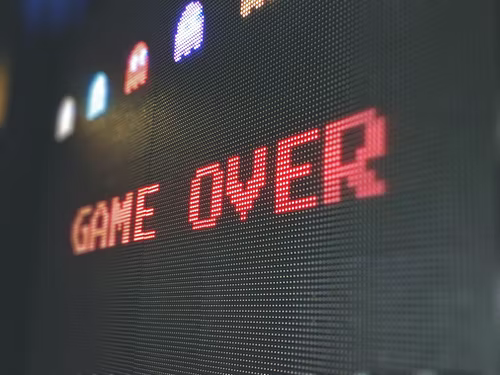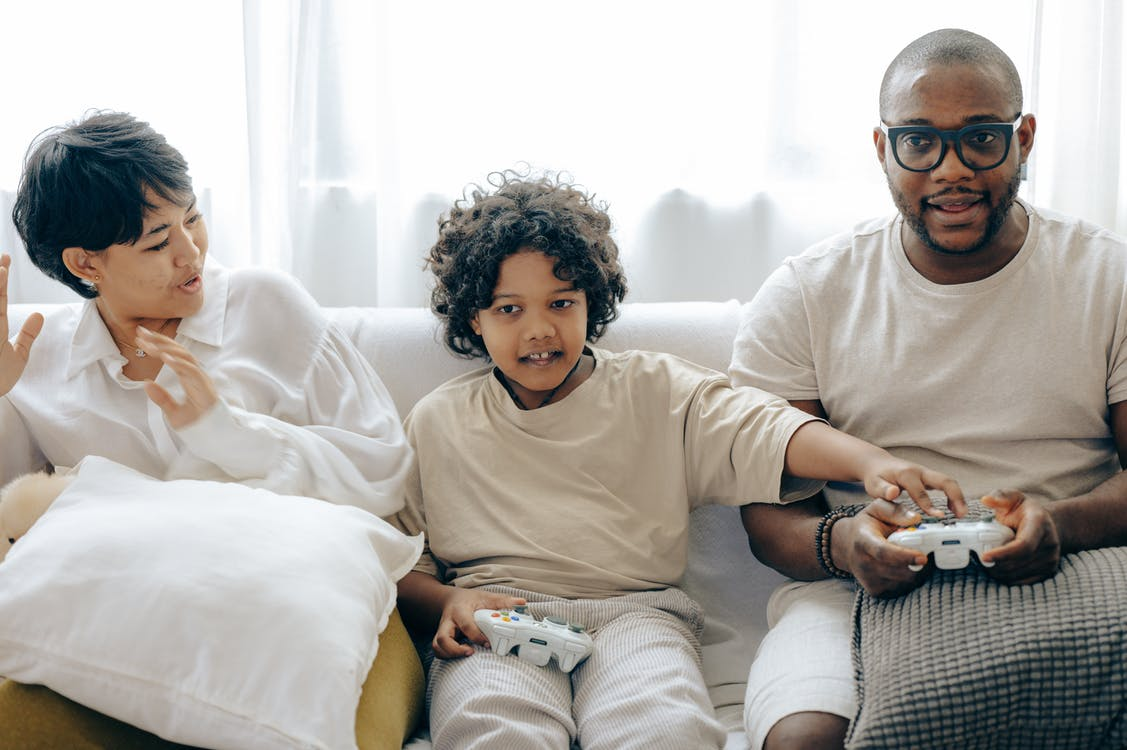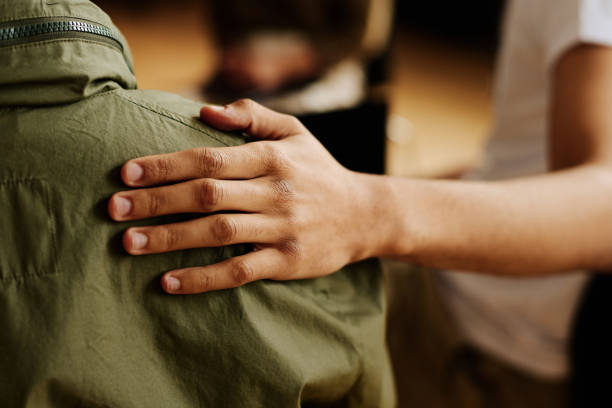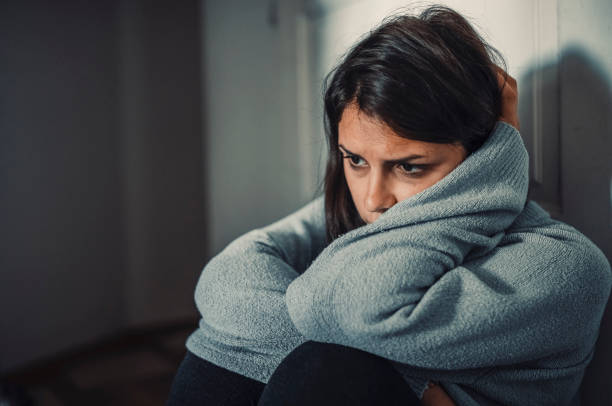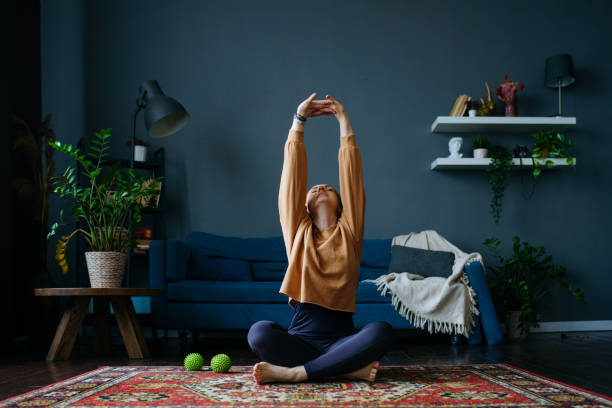What is the difference between Anxiety and Excitement?
Anxiety and excitement are two feelings that are often confused for one another. The main difference is that anxiety is a negative emotion and excitement is a positive one. In this article we will help you identify the main differences between excitement and anxiety by highlighting how you feel as an individual.
1. Anxious people are more likely to worry about things that might happen in the future.
One of the differences between anxiety and excitement is that anxious people are more likely to worry about things that might happen in the future. This can be a good thing if this behavior helps you to plan well and prepare for events, but it can also be a bad thing if it causes you to become overwhelmed by negative thoughts.
Anxiety is characterized by the presence of excessive worrying, which can lead to feelings of fear, nervousness, and restlessness. People who suffer from anxiety typically experience these symptoms when they are faced with an upcoming event or situation that may cause them some kind of harm. The anticipation of this event can cause them to feel ill at ease and unable to relax until they know what will happen next.
On the other hand, excitement is characterized by feelings of happiness, joyfulness, and eagerness about something that you want or look forward to happening soon. People who experience excitement tend to feel good about themselves when they are looking forward to something positive happening in their lives. They often experience positive emotions such as excitement because they have something exciting planned out ahead of time such as going on vacation or seeing a concert and this makes them feel happy about what could happen next!
2. Excited people usually tend to focus on what is happening now.
Excited people usually focus on the present moment and how it's affecting them. They may be excited about an upcoming event or project, but they're not thinking about all the things that could go wrong with it or how it might impact their future job prospects. They're just enjoying the moment!
On the other hand, when you're anxious, your mind is filled with thoughts about how things might not turn out well or how terrible things will be if they don't go as planned. You lose sight of the present moment because you are so busy worrying about what could happen if things don't go according to plan.
3. Anxious people often experience physical symptoms such as sweating, nausea, and rapid heart rate when they feel anxious.
Anxious people often experience physical symptoms such as sweating, nausea, and rapid heart rate when they feel anxious. The reason for this is that their bodies are preparing them for a fight-or-flight response.
The fight-or-flight response is a reaction that occurs when the brain perceives a threat to the body's survival. It prepares the body for either of two options: fighting or fleeing from danger.
This response is necessary in situations where there is an immediate danger of death or serious injury to the organism. In these situations, the body prepares itself for action by increasing its heart rate and breathing rate so that it can supply more oxygen to the muscles and brain.
However, when there isn't an immediate threat to your life, but you still feel anxious, your body may still experience some of these symptoms because your mind believes that there is a danger present.
While anxiety itself isn't dangerous, it can still cause people distress if it's not treated properly.
4. Anxious people often have a hard time calming down once they start worrying about something.
It's not just that anxious people feel unable to calm down once they start worrying. It's also that they feel unable to control their worry in the first place.
Anxiety is characterized by a lack of control and a fear of losing control. Anxiety often stems from a fear of the unknown, which can lead to a feeling of helplessness. This can cause an anxious person to feel like whatever is stressing them out is beyond their ability to handle, which leads them to panic.
This is different from excitement, where you know what you're getting into and are ready for it. You might be nervous about what will happen next, but you're not worried about the outcome itself. Instead, you're excited about how things could go well if everything goes according to plan and if it doesn't, well… It was fun while it lasted!
5. Excitement makes you feel energized
Excitement makes you feel energized, whereas anxiety makes you feel exhausted. For example, when you're excited about something—like meeting up with your friends for drinks or having a jam session in your basement—you get a rush of dopamine, which makes you feel energized and motivated. And when you get those good vibes rolling, it's easier to stay focused on the task at hand.
But when anxiety takes over? Your body releases cortisol instead of dopamine, which makes you feel tired and overwhelmed. That's why you might have trouble focusing if your mind is filled with fears and worries about something that is not yet happening. Worst is that you may feel like you're on edge or afraid to do something even though there's no real danger involved.
6. Anxiety tends to come on suddenly and unexpectedly
Perhaps, one of the key differences between anxiety and excitement is that, in the case of excitement, you'll usually know when it's coming.
Anxiety, on the other hand, tends to come on suddenly and unexpectedly. You may feel anxious about something one day and then be totally fine the next—it depends on your mood, how much sleep you've gotten recently, how many other things are going on in your life at the time, and so on.
Another big difference is that when you're feeling excited about something, you feel like yourself which is most likely pretty great! When you're anxious though, it can feel like someone else has taken over your body or mind.
7. Excitement makes you feel like you can do anything
You might feel like everything is possible, or like time is standing still for just a moment. Excitement can also make you feel like you're at the top of your game and like nothing can stop you from doing what needs to be done.
In contrast, anxiety often makes people feel powerless and overwhelmed. They might feel like their world has been turned upside down and they have no idea how they'll ever be able to get back on track again. Unfortunately, it's not uncommon for people with anxiety disorders to have trouble sleeping because they spend so much time worrying about things that might happen in the future or ruminating over mistakes they've made in the past. That’s why people with anxiety also feel that they don’t have the right to speak and are afraid to voice out what’s on their minds.
The feelings associated with anxiety are often mistaken for excitement. In reality, anxiety and excitement have very little in common. Those who have never experienced either will likely feel overwhelmed by their respective feelings. This article is designed to help the reader distinguish these feelings, so that they will be able to recognize the difference between them, and know when it is time to seek help from a qualified mental health professional.
For more helpful and informative insights, visit here.
